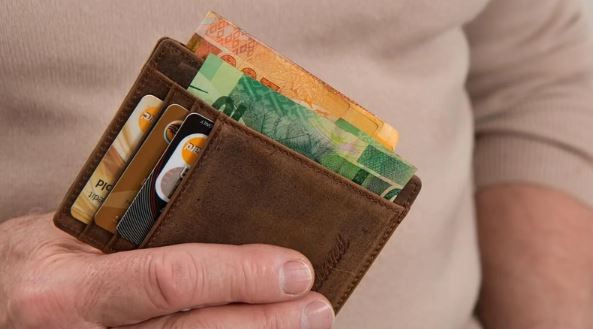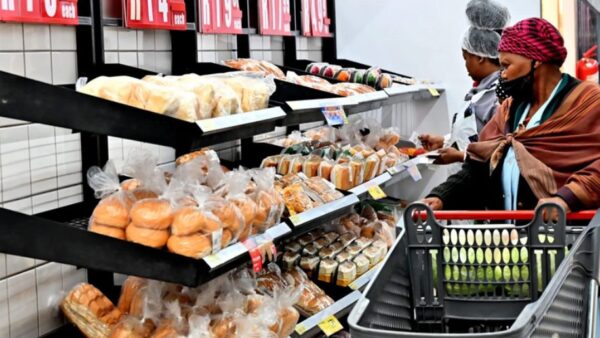Lifestyle
5 common mistakes to avoid when trying to reduce your debt

Following the cut in petrol prices and the interest rate, financial relief is on the horizon and it is a critical time for consumers to reduce their debt, according to Rynhardt de Lang, Director and head of Legal, Milaw Legal.
“This is a pivotal point for South Africans to make headway in reducing their debt,” de Lange said.
De Lange said that with the lower interest rates and petrol prices providing breathing room, the best thing consumers can do is scale down their debt load before conditions tighten again.
However, de Lange cautions against making financial mistakes when trying to reduce debt.
Here are five financial pitfalls to avoid as consumers try to cut down their debt.
1. Avoid taking on new debt
According to de Lange, adding new debt will only increase long-term financial pressure on consumers.
De Lange said: “Consumers should resist the temptation to open new lines of credit or finance major purchases during this time. Focus on paying off existing debt instead.”
2. Don’t ignore your budget
This period is a crucial time for consumers to review and tighten up their budgets.
Instead of using the savings from lower petrol prices to do more spending, consumers should use those savings towards repaying debt, according to de Lange.
3. Stop paying only the minimum
While sticking to making minimum payments may be more manageable for consumers, it only prolongs debt and increases the amount of interest paid.
De Lange said: “Whenever possible, pay more than the minimum. Even small additional payments can make a big difference over time.”
4. Don’t overlook high-interest debts
Make repaying your high-interest debts, such as credit cards or pay-day loans, your top priority as these types of debt are the most expensive in the long run.
“Paying them off first frees up more money to tackle other obligations,” de Lange said.
5. Keep your emergency fund
While paying down debt is important, De Lange emphasise the need to maintain an emergency fund for unforeseen expenses or a financial crisis.
According to de Lange, having an emergency fund is important to avoid falling back into debt if unexpected costs arise.










